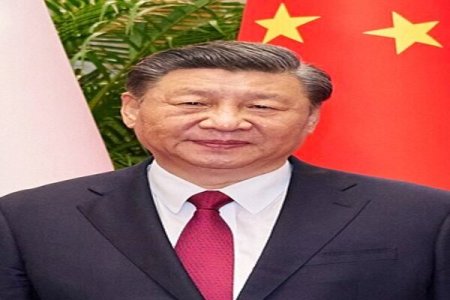
China has issued a strong warning to the U.S. over President Trump’s new tariffs, vowing to retaliate. The trade dispute has escalated, with Canada imposing counter-tariffs and Mexico considering its response. As tensions mount, global markets brace for potential economic fallout from a prolonged trade war.
China has issued a stern warning to the United States, declaring its readiness to confront any economic conflict sparked by President Donald Trump’s latest tariffs. The U.S. recently introduced new import taxes, citing efforts to curb illegal migration and drug trafficking, but the move has triggered strong international opposition.
The tariff policy imposes a 25% tax on imports from Mexico, most goods from Canada, and a 20% duty on Chinese products. Although Canada and Mexico initially secured a short-term exemption, the U.S. has reinstated the levies, fueling tensions.
China has responded by filing a complaint with the World Trade Organization (WTO), warning that prolonged economic hostilities could damage global financial stability. Additionally, Beijing has announced counter-tariffs of 10% to 15% on select U.S. goods and imposed new export restrictions on certain American firms.
In a statement, the Chinese foreign ministry dismissed U.S. claims that fentanyl trade concerns justified the tariffs, calling the reasoning baseless. The ministry accused Washington of using economic pressure as a weapon and attempting to shift blame onto China.
"Threats and intimidation will not work on us," the statement read. "If the U.S. wants a tariff war, a trade war, or any other form of conflict, we are prepared to respond decisively."
Canada has also reacted, with Prime Minister Justin Trudeau announcing tariffs on $21 billion worth of U.S. imports, with further measures on standby. Meanwhile, Mexico has yet to finalize its response.
As the standoff intensifies, economists warn of widespread market disruptions if the dispute escalates further.



